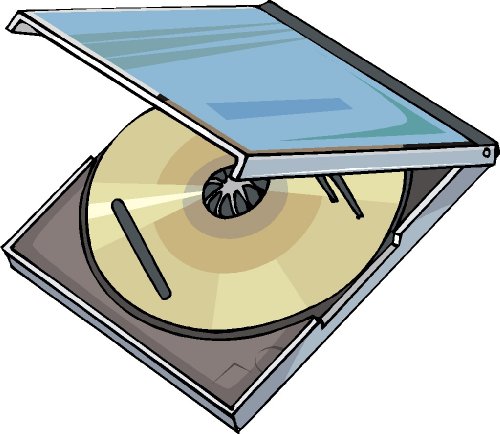Georg Friedrich Händel Album: «Messiah»

- Customers rating: (4.1 of 5)
- Title:Messiah
- Release date:1990-10-25
- Type:Audio CD
- Label:Alshire
- UPC:019871020123
Is it good? Yes. Perfect? I'm not sure. I do like it a lot. It is definitely exciting, energetic, and well-executed. But I think with all the hype this recording is getting, that novice listeners especially need to be aware of a few things that are different, whether by design or interpretation. This is a historically informed performance (HIP) of a later (1754) Foundling Hospital Version of Messiah, done at Baroque pitch (a=418 Hz, or a half-tone below modern). That means that several familiar arias will be different ('For He is Like a Refiner's Fire' and 'Thou art Gone up on High' are sung by SOPRANO not bass; 'He Shall Feed His Flock' is soprano-only; and 'Why Do the Nations' is severely truncated). Also, the original word settings of Handel are used throughout, which sometimes put weak syllables on strong beats (e.g., in-cor-rup-TI-ble) -- this is a little disconcerting at first. The 5 soloists (2 sopranos) do well, but some of their performances came off as idiosyncratic as far as vowels and glottal stops, etc. The choruses are incisive with a great sense of ensemble throughout. Tempi are exaggerated a little -- fast numbers very fast, but an oddly-slow 'Amen' chorus at the end. HIP performances are often criticized for being gutless and all about technique over feeling. That doesn't apply here, generally -- there's plenty of punch in this recording (but no massed choirs of thousands) and some of the arias were beautifully expressive (esp. I Know that My Redeemer Liveth). I did think the bass voices were noticeably weak in the choruses. I sing bass, so maybe I am biased here, but the overall affect was top-heavy.
There are a broad range of interpretations out there from HIP to Beecham. This is a great performance, if you know what you're getting.
As a church musician for 21 years and VERY familiar with MESSIAH (paper and performance for my thesis). I can say that I understand all of the good and bad things said about this recording.
However, the clarity and linear purity of the musicians was wonderful to hear. I'm not that big a fan of the Garner or Hogwood (both of which I think are a little "self-aware" of the "historical" nature of their work.
I do agree that the tempi is incredibly fast (I'm impressed that they were able to sing that quickly!). This is not the ONLY version of MESSIAH I would own, but it is a good change of pace with a ruthless clarity of line and purpose.
(For those who only want one version of MESSIAH that is commonly accessable -- go with the Colin Davis)
Maestro McCreesh's 1996 effort is a strong contender among the PI (period instrument) crowd. The orchestra doesn't screech, the chorus has weight, decent diction and color and the soloists have fine voices particularly the sopranos and the contralto.
McCreesh appears to see the Messiah as drama or perhaps as opera. For example, contralto Bernarda Fink's desire for us feel her pain in "He was despised..." is over the top and distracting. The apparent intent of the players to strive for effect and to shade every word robs the performance of genuine sincerity-this is a work of spiritual expression after all. Nevertheless I enjoyed the performance for what it was and the interpretative approach will appeal to many.
For me, this is THE Messiah recording!
I have heard several good recordings of this masterwork, like the 'sterile' version of Hogwood, the expensive recording of Gardiner and some others. But I really love this one.
We are used to hear a lot of these tracks not as fast as McCreesh provides them. But for me this gives me the true baroque spirit.
Generally, older sacred music is performed way too slow. Like the famous 'A mighty fortress is our God'. Luther originally took a popular dance piece that was triple the speed of the average pompous performance nowadays. The problem is that when music becomes too slow, it dies. Just like Gregorian chants and many other ancient church music. This performance however is so 'alive'.
Being used to hear the perfection of 'But who may abide' sung by Emma Kirkby on Hogwoods version, it is difficult to accept another voice. However, this soprano sings much more powerful, so this enables the orchestra to really play the 'refiner's fire' very fiery. With this air, I still am in doubt which version I like most. But many other tracks are completely convincing.
The bass is especially great. I never heard of the guy, but he sings with a very beautiful deep voice and his technique is really marvelous.
Anyone can enjoy Messiah's amazing music. Handel just overflows with good tunes throughout. This is an "authentic" group that I had not heard about (not reviewed in the couple books I have), but they do as good a job, or better, than some more famous names. Very well done--I am glad to add it to my collection of Messiah performances that do the music justice.

